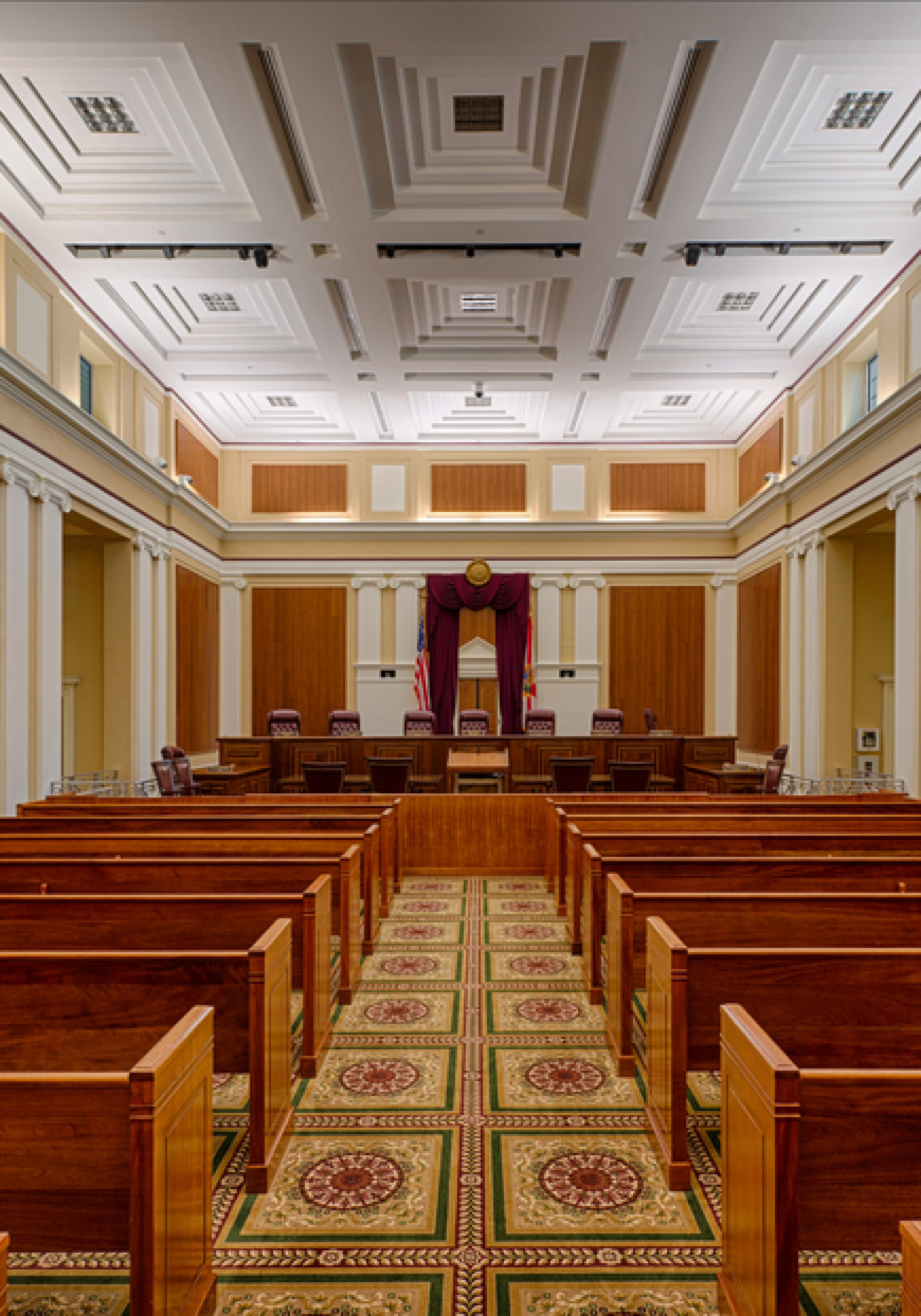
A deadline is a deadline, the Florida Supreme Court said Tuesday.
The justices rejected a law professor’s arguments that she should have been allowed on the ballot in a judicial election — even though she missed the deadline for filing her campaign paperwork.
The court appeared to accept arguments raised by incumbent Clay County Judge Kristina Mobley that Lucy Ann Hoover’s case was unworthy of consideration.
That’s because it didn’t affect a “class of constitutional or statewide officers,” but only Hoover herself.
“No motion for rehearing will be entertained by the court,” the justices said. Chief Justice Charles Canady and justices Alan Lawson, Barbara Pariente, Ricky Polston, and Peggy Quince signed the order.
Earlier, the 1st District Court of Appeal rejected Hoover’s bid for a place on the Aug. 28 primary ballot, finding “no special circumstance” that would justify her failure to file her candidate oath and financial disclosure form ahead of the noon, May 4, deadline.
The county supervisor of elections initially accepted Hoover’s paperwork, even though it was late, reasoning that she was physically in the office and filling out the paperwork.
However, Mobley, placed on the bench by Gov. Rick Scott in 2015, challenged Hoover’s candidacy. Hoover is a visiting professor of criminology and criminal justice at the University of North Florida.
The Florida Constitution requires the Supreme Court to review certain cases, including the imposition of the death penalty. It gives the court discretion to take up other types of cases, including matters of “great public importance” and those involving the class of officers at issue in this case.
“There is nothing in the written opinion of the 1st District Court to trigger such jurisdiction,” attorneys for Mobley argued in a brief filed Sept. 13.
“Even if the court accepted petitioner’s position that (the relevant constitutional provision) applies, the court should not exercise its discretionary jurisdiction because the case is simply about a candidate who failed to qualify on time, and — likely for that reason — the only potentially affected constitutional officer in this case, the Clay County Supervisor of Elections, did not appeal,” the brief says.



